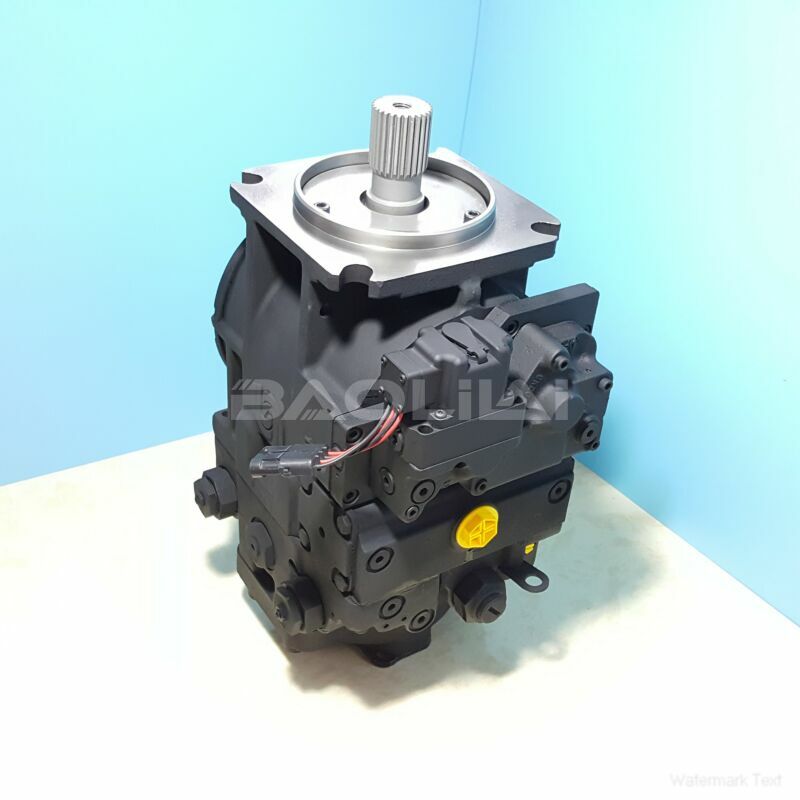90L250KA5NN80S4C8J03NNN303024 hydraulic oil pumps
90L250KA5NN80S4C8J03NNN303024 hydraulic oil pumps

- Product Details
- Applicable Scene
90L250KA5NN80S4C8J03NNN303024 hydraulic oil pumps play a critical role in the operations of heavy industry and steel manufacturing. They are instrumental in driving various hydraulic systems that are essential for the functioning of machinery and equipment used in these fields. Understanding the significance, types, and applications of hydraulic oil pumps can help in optimizing operations and improving efficiency in these sectors.
Model Code :90L250-KA-5-NN-80-S-4-C8-J-03-NNN-30-30-24
Model Code :90L250KA5NN80S4C8J03NNN303024
In heavy industry, hydraulic systems are employed for a wide range of applications, such as powering cranes, presses, and material handling equipment. Hydraulic oil pumps enable these systems to generate significant force and perform tasks that would be impossible or inefficient with traditional mechanical systems. These pumps convert mechanical energy into hydraulic energy, which can then be used to drive hydraulic cylinders, motors, and other devices.

Model No.ldent No. :83024743
90L250KA5NN80S4C8J03NNN303024 hydraulic oil pumps.One of the most common types of hydraulic oil pumps used in heavy industry and steel manufacturing is the gear pump. Gear pumps are known for their reliability and efficiency, making them a popular choice for applications requiring consistent hydraulic power. Additionally, vane pumps and piston pumps are also utilized, each with its specific advantages and suited applications. Vane pumps are often preferred for their compact design and smooth operation, while piston pumps deliver high pressure and flow rates, making them ideal for demanding applications in steel machining processes.
In the context of steel manufacturing, hydraulic oil pumps are essential for various processes, including forging, rolling, and cutting. During the forging process, for instance, hydraulic presses use pumps to apply immense force to shape and mold steel. Similarly, hydraulic rolling mills utilize high-pressure hydraulic systems to control the gap between rolls, ensuring the desired thickness and quality of the steel being produced.





